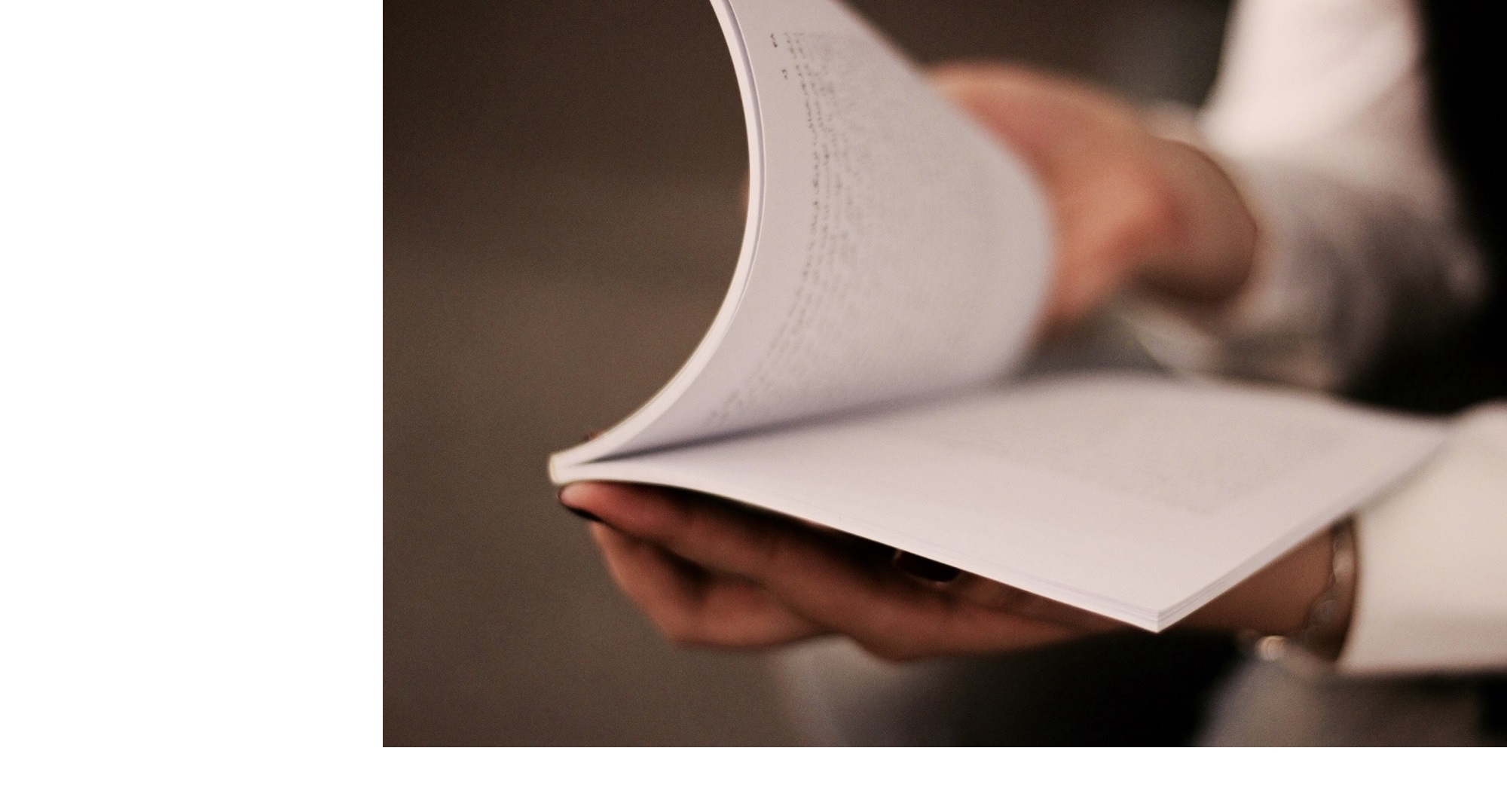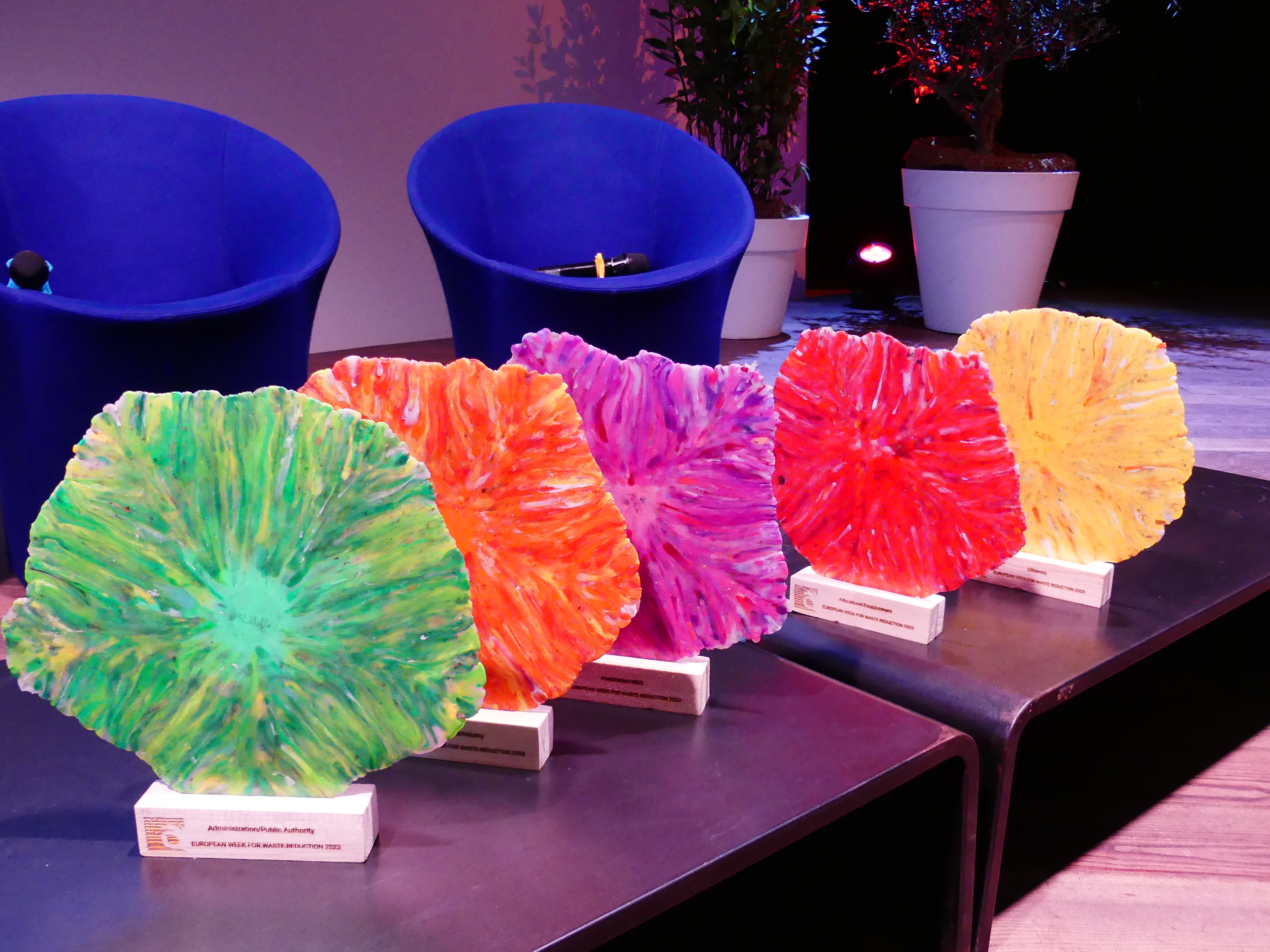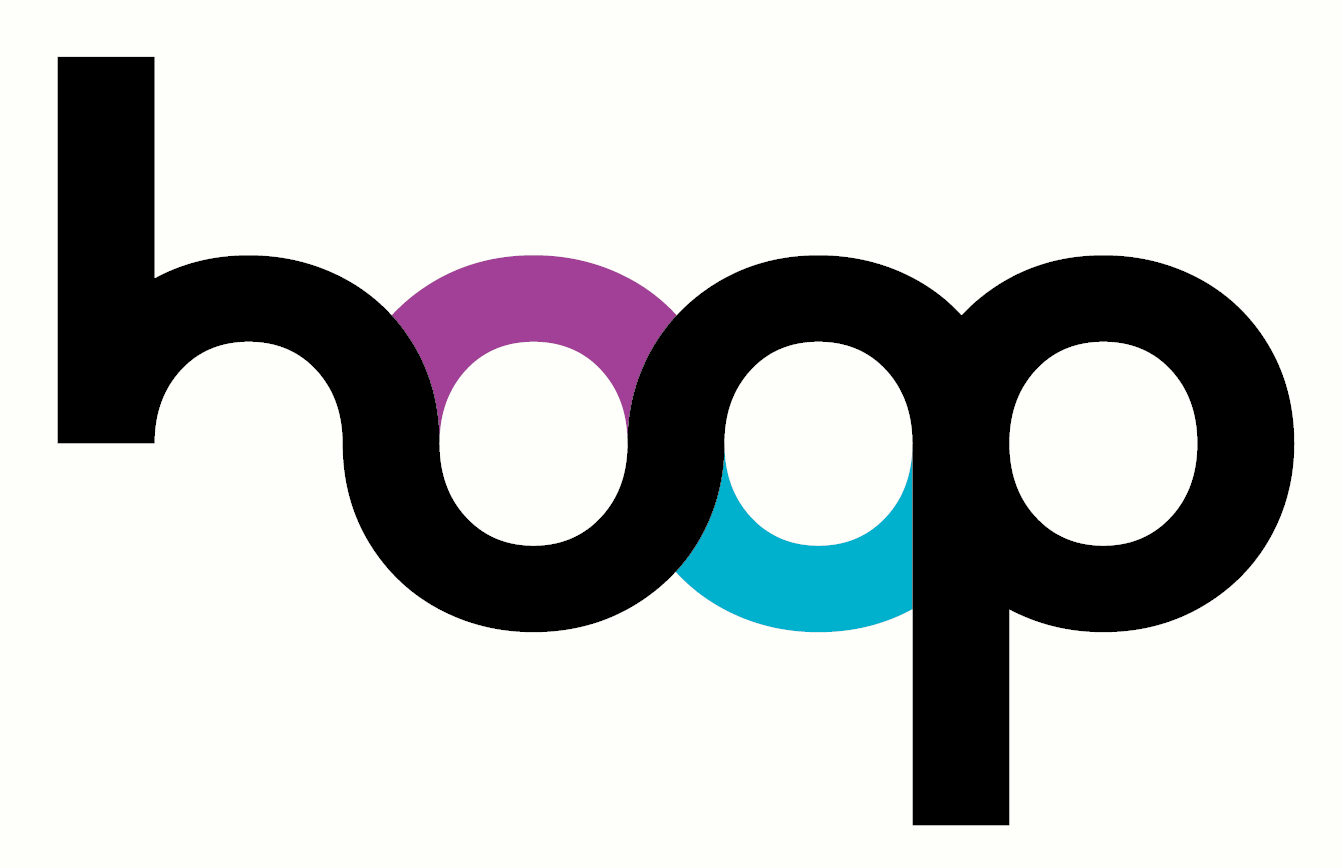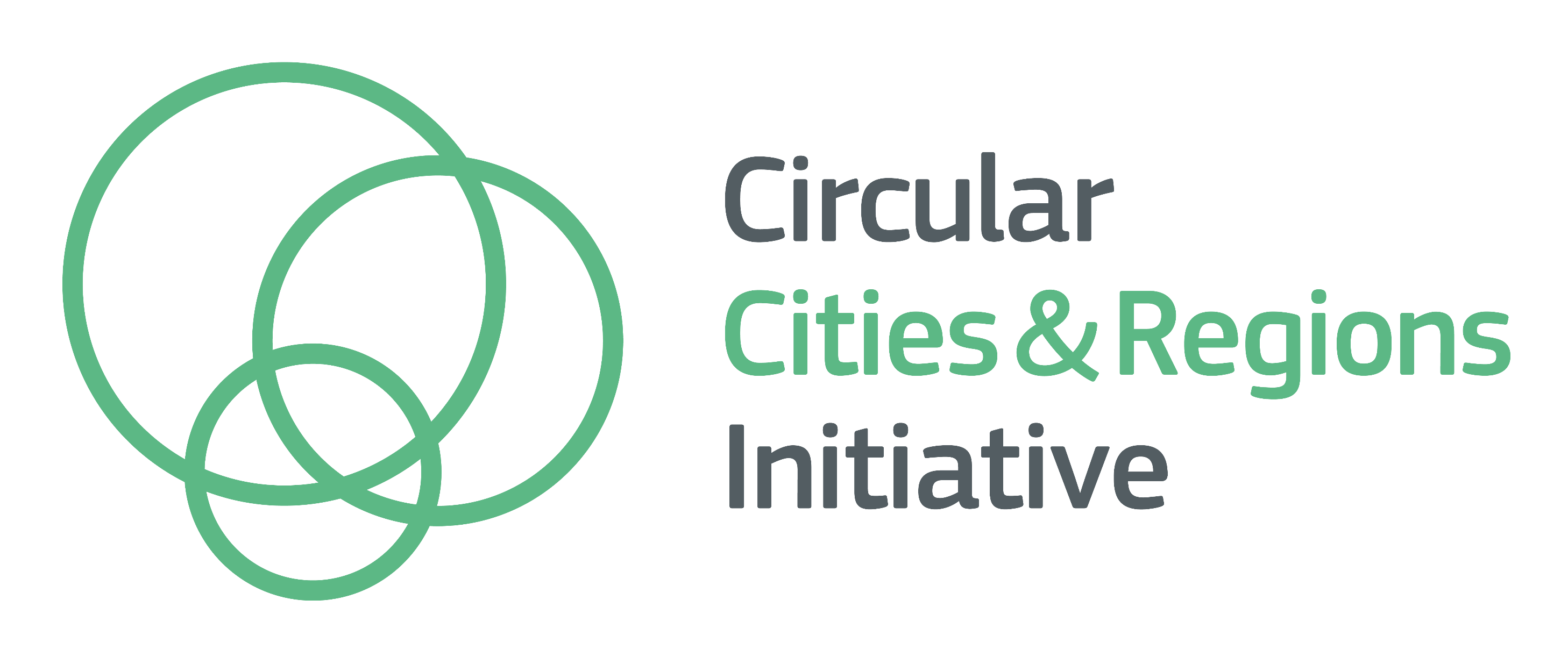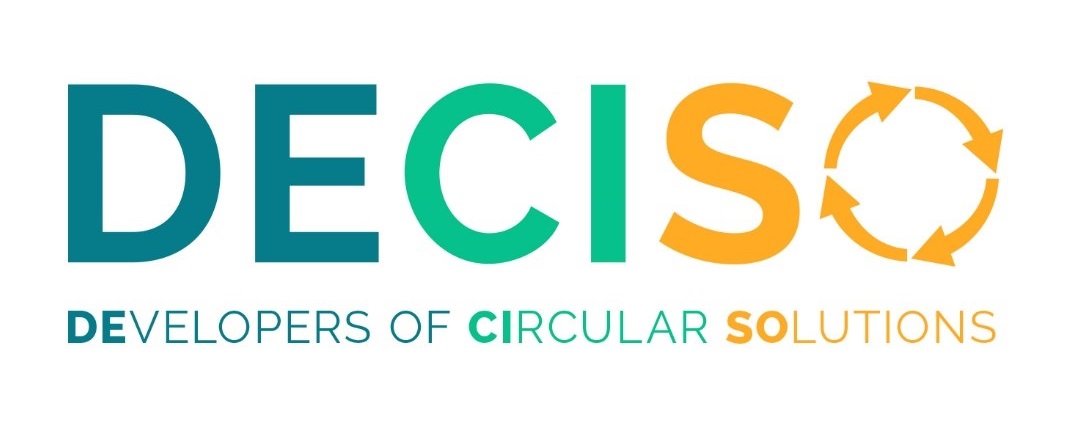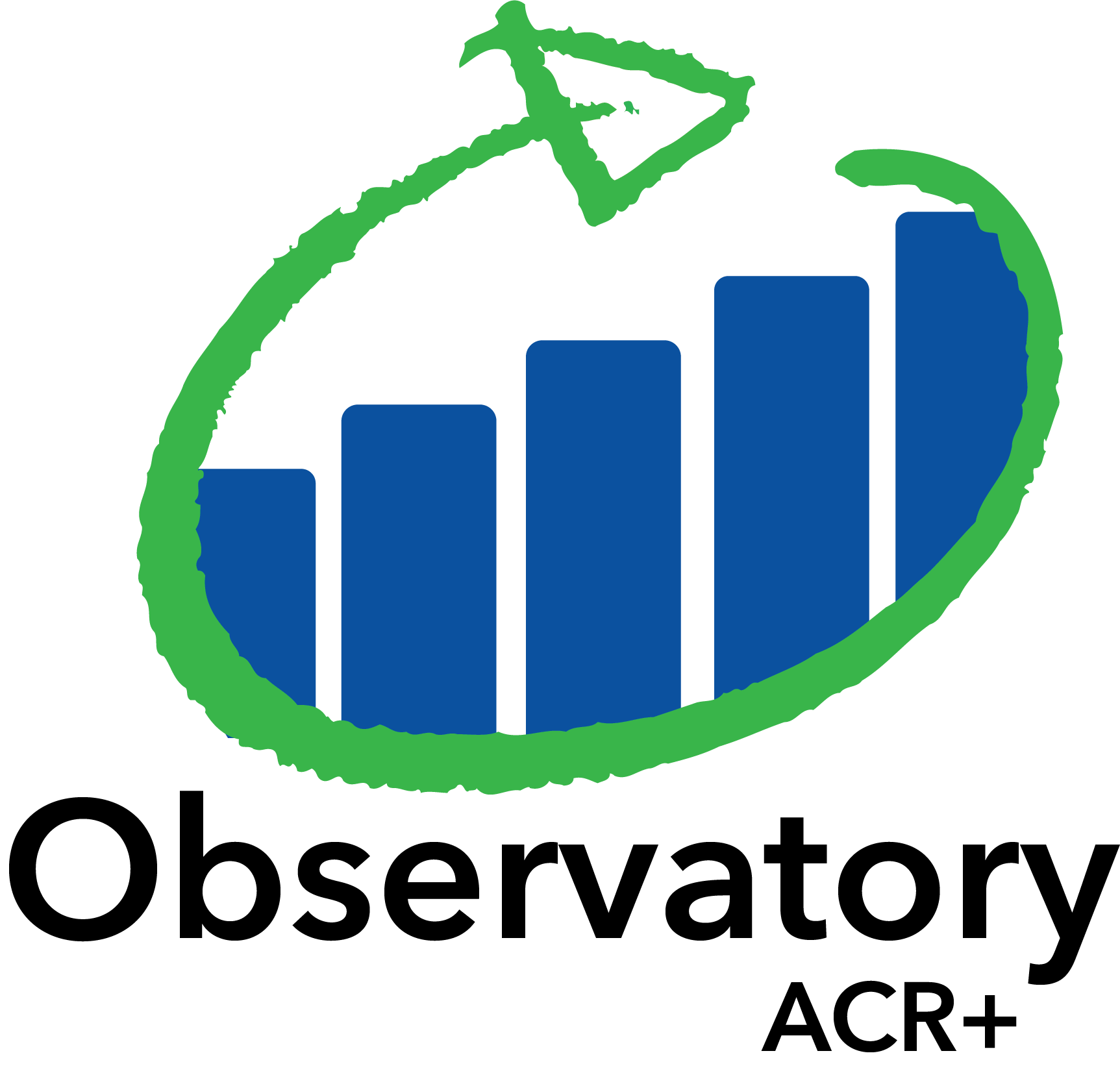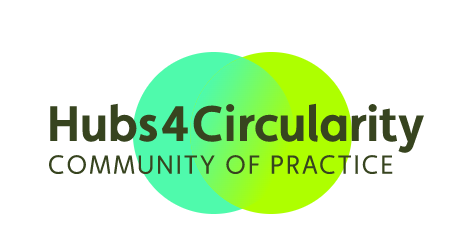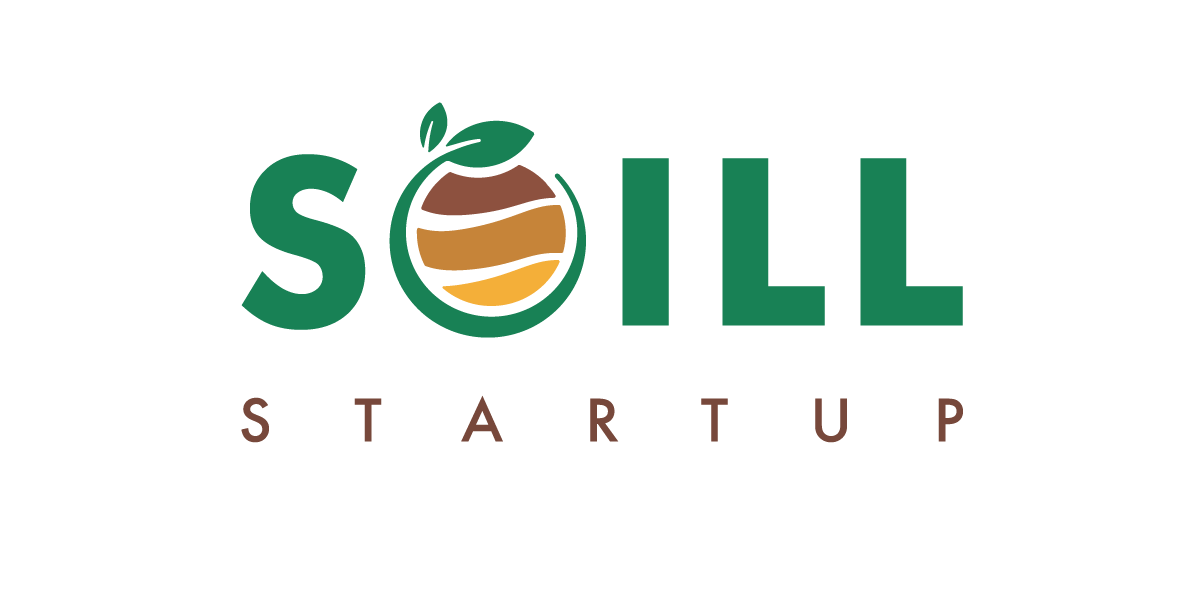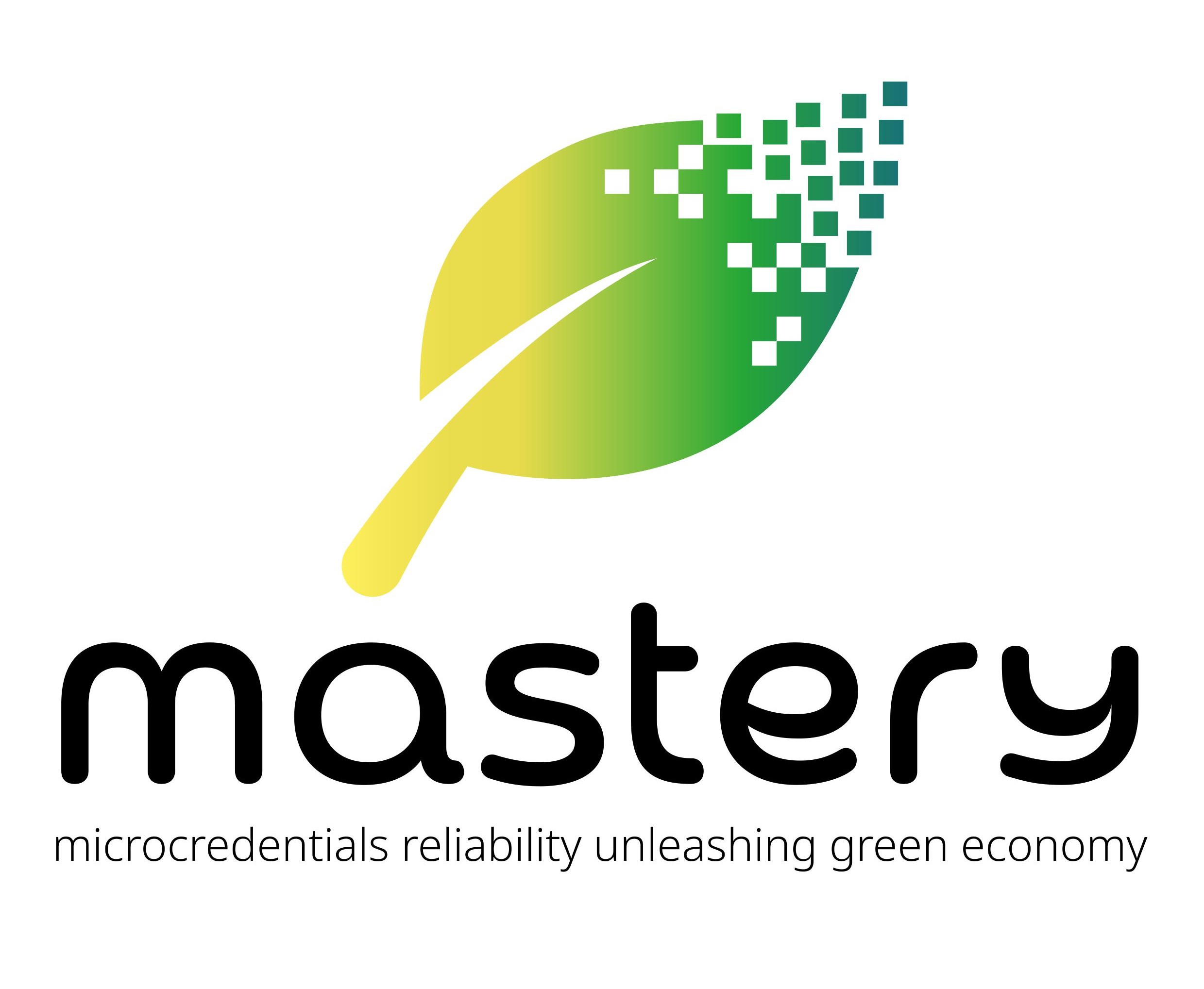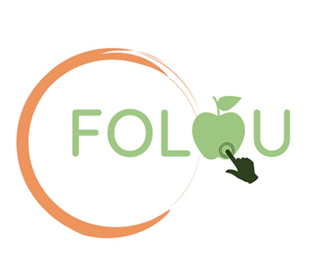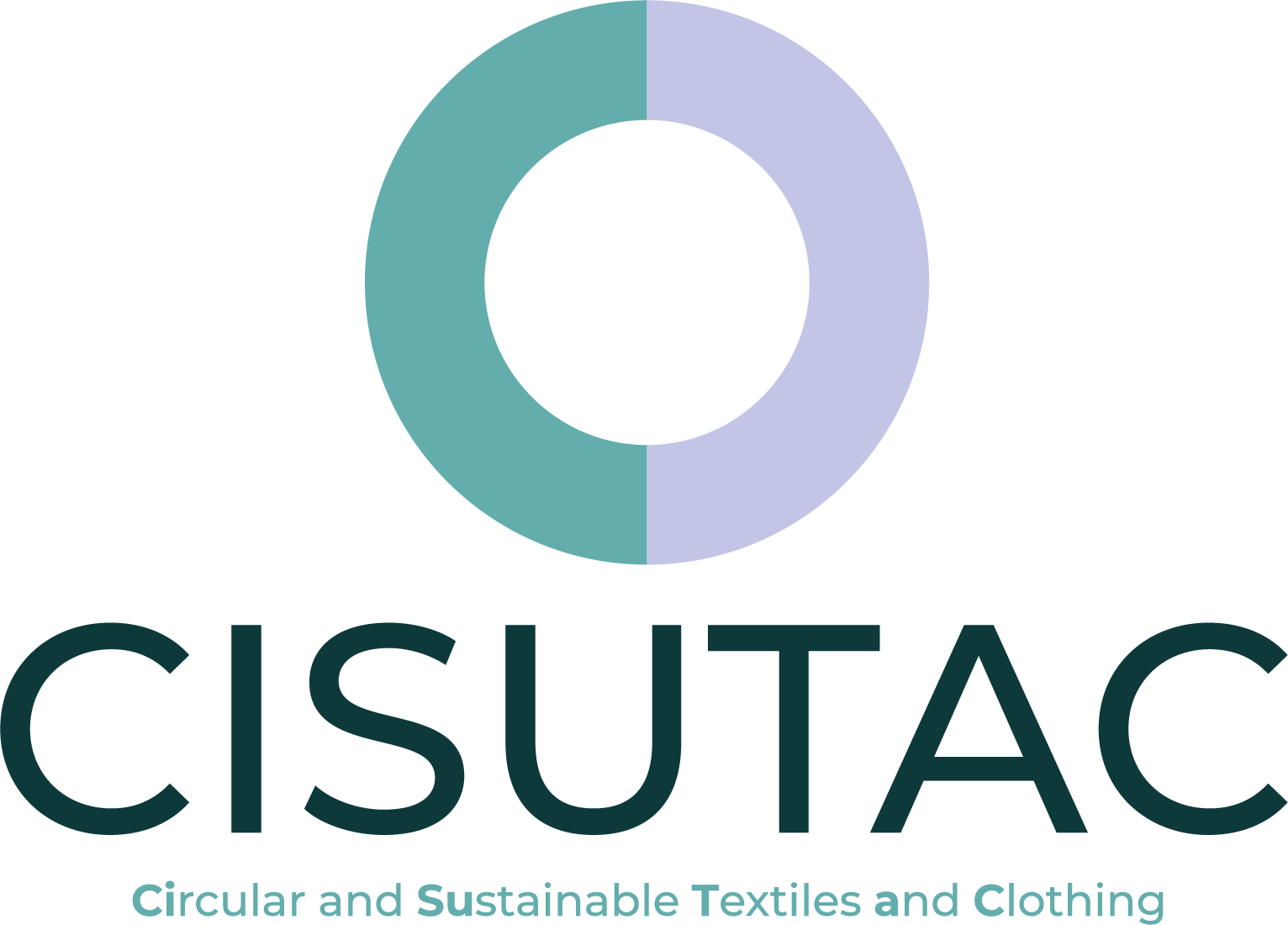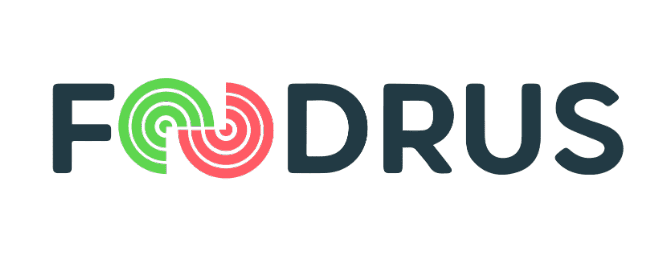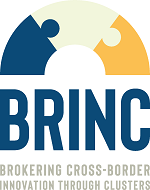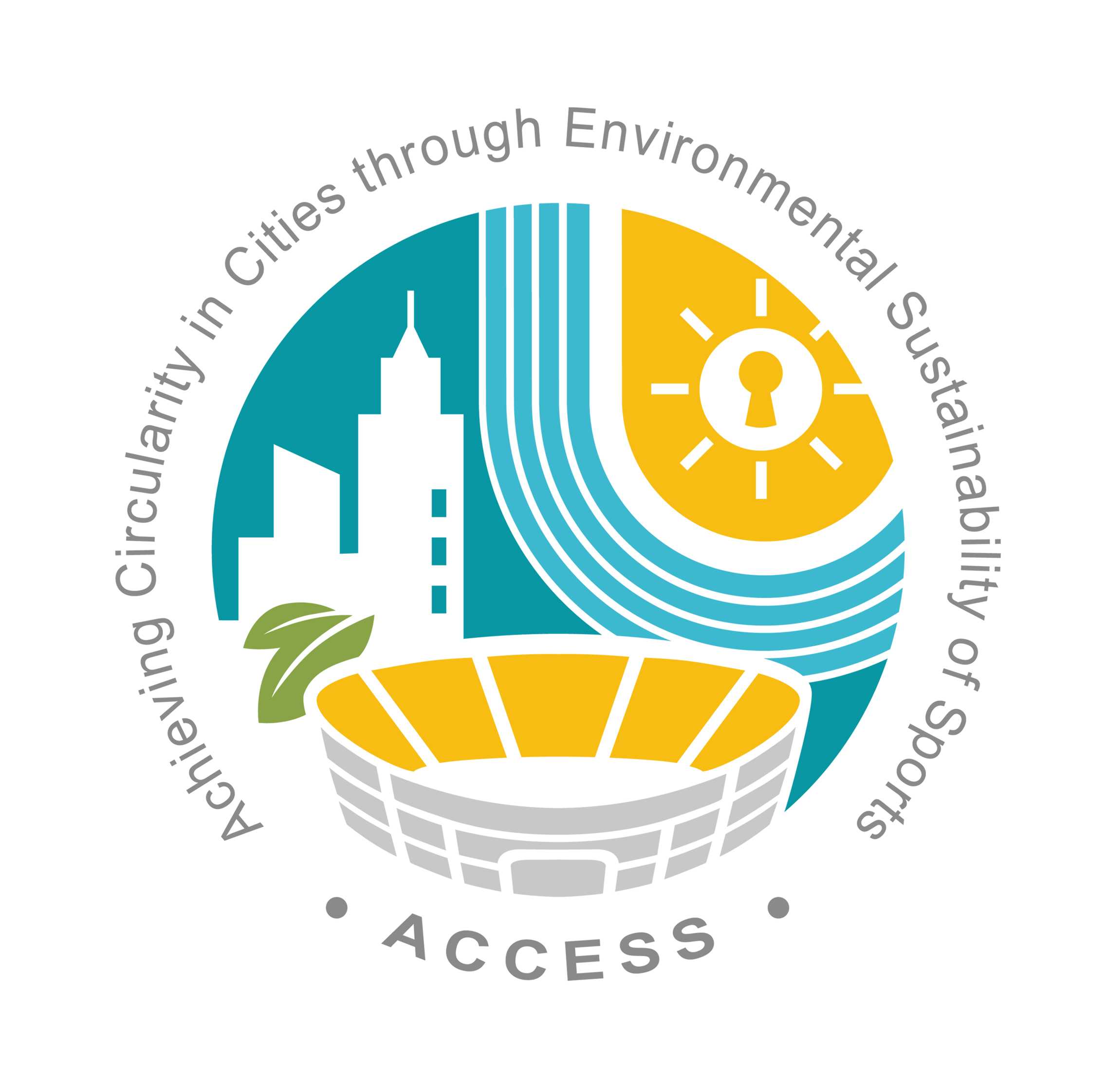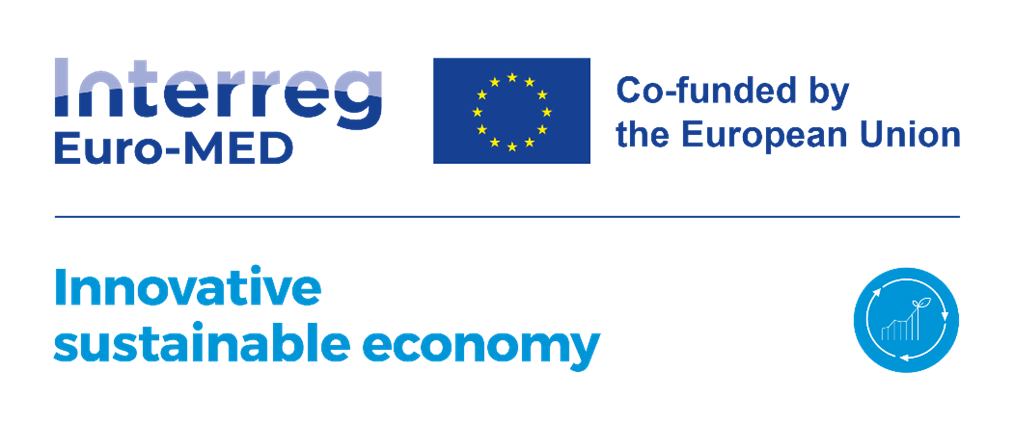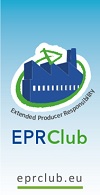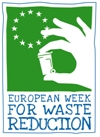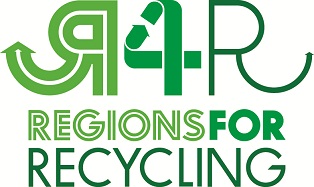
Regions for Recycling (R4R) aimed to enable its partners to improve their recycling performance through consistent comparisons and an exchange of good practices
The project was co-funded by the European Regional Development Fund and made possible by the INTERREG IVC Programme, 2012-2014.
THE PROJECT
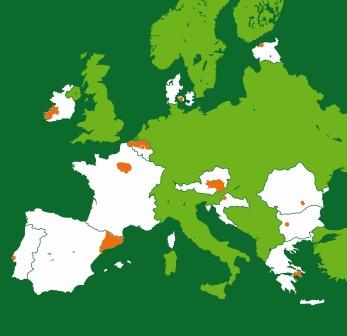
The R4R project brought together 13 partners wishing to share and discuss their experience about municipal waste recycling. European local and regional territories share the same framework and objectives, yet they have designed different waste management systems leading to different performances, which makes comparisons very useful.
However, this diversity of approach has led to heterogeneous monitoring systems, making most comparisons inconsistent. Waste management systems are also dependent on local and regional specificities as well as national framework. With these elements in mind, the R4R project aimed at identifying the most efficient local and regional instruments allowing to optimize municipal waste recycling. It also aimed at developing an online tool that will help cities and regions to compare their recycling performances following a common methodology.
Watch the video presentation of the R4R project
ACTIVITIES AND RESULTS
The project partners engaged in the following activities:
- comparing recycling performances through a common methodology and common indicators;
- identifying and transfering 40 good recycling practices;
- developing an Online Tool to support the recycling efforts of interested municipalities;
- disseminating the project content and results beyond the Project Partners.
To integrate the lessons learnt from the project (be it a good practice or the R4R methodology), each partner developed and followed an implementation plan. At the end of the project, the 13 partners improved their waste management monitoring knowledge and capacity, and are familiar with a wide array of good practices.
They also have a more thorough understanding of the economic, legal, organisational and technical instruments that can be used to improve recycling performances at a local level, and will have optimised their recycling policies.
R4R ONLINE TOOL
One of the main outcomes of the R4R project is an online waste management tool for local and regional authorities to input data, calculate indicators, identify transferable good practices relevant to their context and to monitor their progress towards achieving EU targets.
The online tool is using the R4R methodology called “DREC” (Destination RECycling) that includes all homogeneous fractions sent by local authorities to recycling. This means that both fractions separated at the source and material waste going out of sorting centers or of mechanical biological sorting units are recorded as DREC, while sorting residues are included in residual fractions as mixed residual waste.
The online tool is free to use for European local and regional authorities but requires online registration.
A user manual provides concise explanations and support.
R4R METHODOLOGY
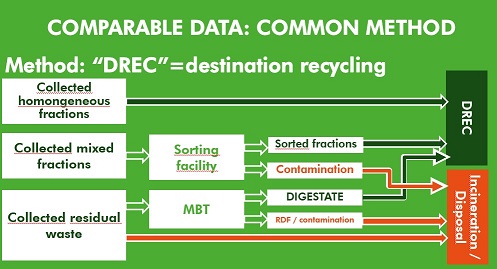 R4R partners agreed on a methodology including a common definition of municipal solid waste (MSW), the waste fractions that are included in MSW and the waste fractions that are considered as “recycled” depending on their destination. This methodology is the basis of the online tool that allows comparison and benchmarking between cities and regions. This new notion, “DREC” (Destination RECycling), includes:
R4R partners agreed on a methodology including a common definition of municipal solid waste (MSW), the waste fractions that are included in MSW and the waste fractions that are considered as “recycled” depending on their destination. This methodology is the basis of the online tool that allows comparison and benchmarking between cities and regions. This new notion, “DREC” (Destination RECycling), includes:
- Municipal waste streams separated at source & collected separately (one homogeneous waste stream not mixed with other waste streams) with the purpose of recycling.
- The output from sorting facilities (including bulky waste sorting centres) going directly to facilities for recycling.
- The output from mechanical biological treatment installation (digestate) going directly to facilities for recycling.
The R4R methodology also gives in depth detail on data reporting as well as on indicators enabling comparison between regional/local performances, illustrated by examples from the R4R partners' territories.
Download the R4R Methodology: Municipal Solid Waste Data - R4R project scope
R4R GOOD PRACTICES
R4R partners and some ACR+ members identified effective initiatives that contributed to the increase of their selective collection and recycling of material. These 40 good practices are made of single local instruments (legal, economic, technical or communication instruments) or of combination of such instruments. The cover the following topics:
- Bio-waste collection;
- WEEE, batteries and hazardous waste collection;
- Door-to-door selective collection;
- Other collection systems;
- Legal and economic instruments;
- Communication and advising initiatives;
- Other practices.
Discover the R4R Good Practices.
PARTNERS INVOLVED
Regions for Recycling's lead partner was ACR+ member ORDIF (Ile de France) and its project partners were:
- Association of Cities and Regions (ACR+);
- Efxini Poli, (Greek network of municipalities), EL;
- Federal State Government of Styria, AT;
- Ilfov County Council, RO;
- Lisbon City Council, PT*;
- Municipality of Sofia, BG*;
- Odense Waste Management, DK*;
- OVAM, BE *;
- Southern Waste Region, IE;
- Tallinn City, EE;
- Waste Agency of Catalonia (ARC), ES*;
- City of Zagreb, HR*.
* ACR+ member




